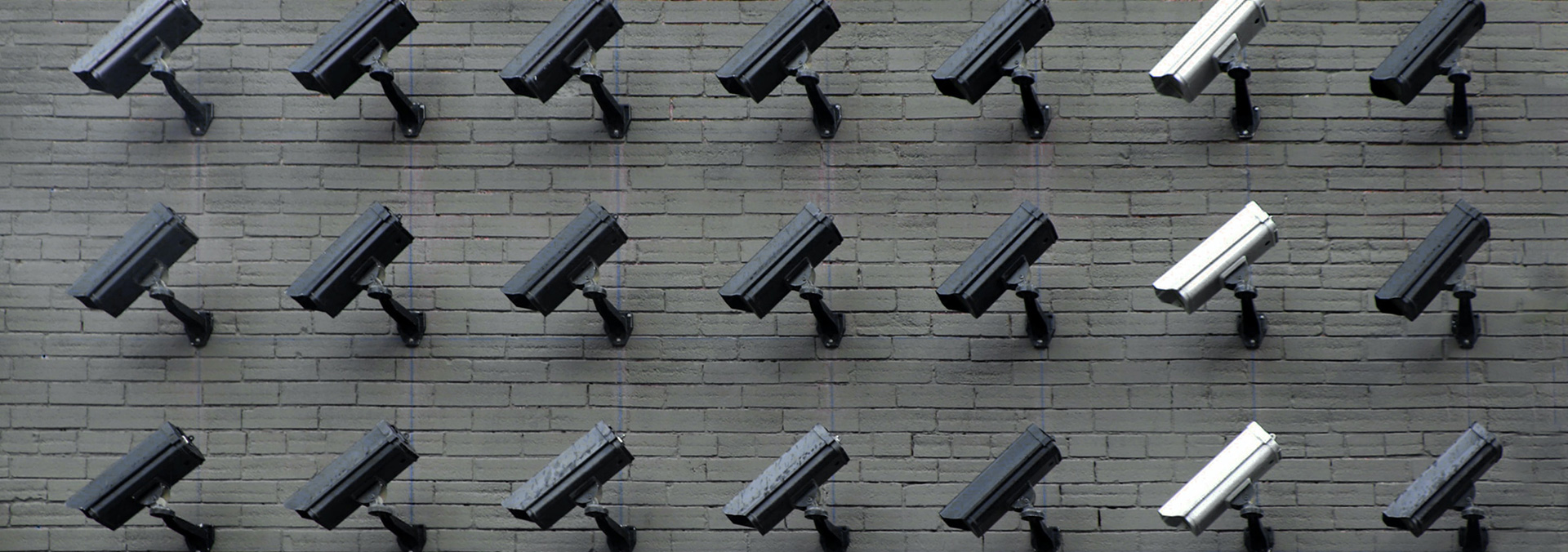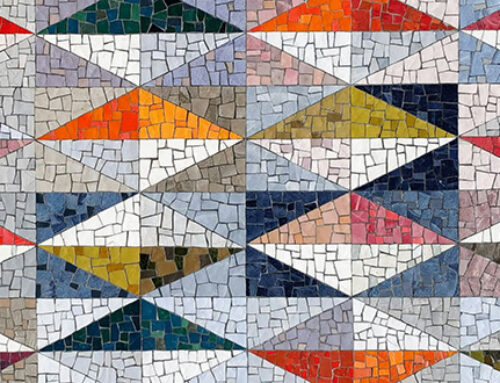It’s been a while since I last saw a wristband saying “WWJD?” (What Would Jesus Do?) They were popular in my youth and I hope the sentiment behind them has not been forgotten, even though fashion has moved on. When last did you stop and ask this question? Or a variation thereof, like “What is God’s perspective?” or “How would Jesus love this person?”
I’ve been blessed to have spent the last three months traveling and I’ve learnt about other cultures and ways of life, but a lot about myself along the way too. I’ve been faced with some funny situations, some challenging ones, and quite a few where there’s simply been … a difference … in culture, in preference, in habit, in priority.
In this context, what I found interesting about Brant Bosserman’s symposium on the doctrine of the Trinity was considering the third witness.
He unpacked the wisdom behind having two or three witnesses as described in Deuteronomy 19:15 (NIV):
One witness is not enough to convict anyone accused of any crime or offense they may have committed. A matter must be established by the testimony of two or three witnesses.
When the testimony of two witnesses aligns, one can be more certain that they are telling the truth. Their agreement—and the truth it represents—becomes like a third witness.
But what about when things aren’t as clear-cut as that? What do we do when we disagree with one another, but believe we’re both right? I think we forget, at times, that no human witness is perfect and no human point of view is absolutely true. We are all equally flawed and only God’s truth is absolute.
Apart from the old idiom, “Before you judge a man, walk a mile in his shoes,” and the wisdom of seeking first to understand, I think it is wise to return to the original intent of WWJD and ask ourselves what Jesus would do in the challenging situations we’re occasionally presented with.
I recently faced an interesting conundrum while babysitting a six-year-old. She’d been asked by her mother to finish her homework before her friend came over to play. Mom then left for a meeting and the little girl continued to watch TV. After asking her to finish her homework three times with no result, I eventually pulled the TV’s plug out of the wall socket.
What followed was a huge tantrum, complete with a few middle fingers thrown my way. And it took a day or two for her to want to play with me again.
It seemed obvious to me what was right: The six-year-old should have listened to her mother’s instruction and to my requests. But from her perspective, having gotten used to “no” becoming “yes” due to her very strong personality, it was probably unfamiliar to her—seemed wrong, even—that I set a boundary and then stuck to it.
When I put myself in her shoes, my understanding increased, but my sense of what was right did not change. The thing is, neither did hers.
Enter the oh-so-important third witness: What would Jesus do? Obedience and discipline are important in our faith, but so is love, and Jesus certainly loved children. Although it was exhausting to deal with her reaction when I said “no” from time to time and it hurt a little when she didn’t want to include me in family activities, the best plan I could come up with—the most Jesus-modelled truth—was to remain gently firm but also continue to love her, intentionally: by playing when she wanted to play and by keeping any sparks of anger in check.
The lesson that this little conflict taught me was how important it is to remember that someone else may have a different frame of reference. Even in contexts where I’m certain I’m right, it would be wise and more constructive to step into the other person’s world for a moment and invite our perfect and loving third witness, Jesus, into the situation.
What would Jesus do?
- To watch Brant Bosserman’s presentation—“The Doctrine of the Trinity”—follow this link.
- Contact SATS to find out more about studying God’s word.
- A related article called “Jesus Listened” may interest you too.
Short Bio: Carrie Milton is a veterinarian and language practitioner. After completing her Bachelor of Veterinary Science and working with a variety of animals for a number of years, she reawakened her love for the written word. Accredited by the Professional Editors’ Guild, she has tried her hand at everything from theses to fiction.




